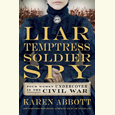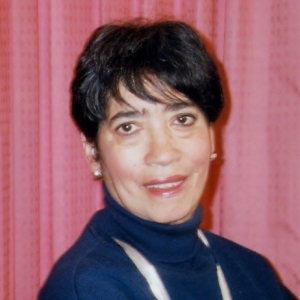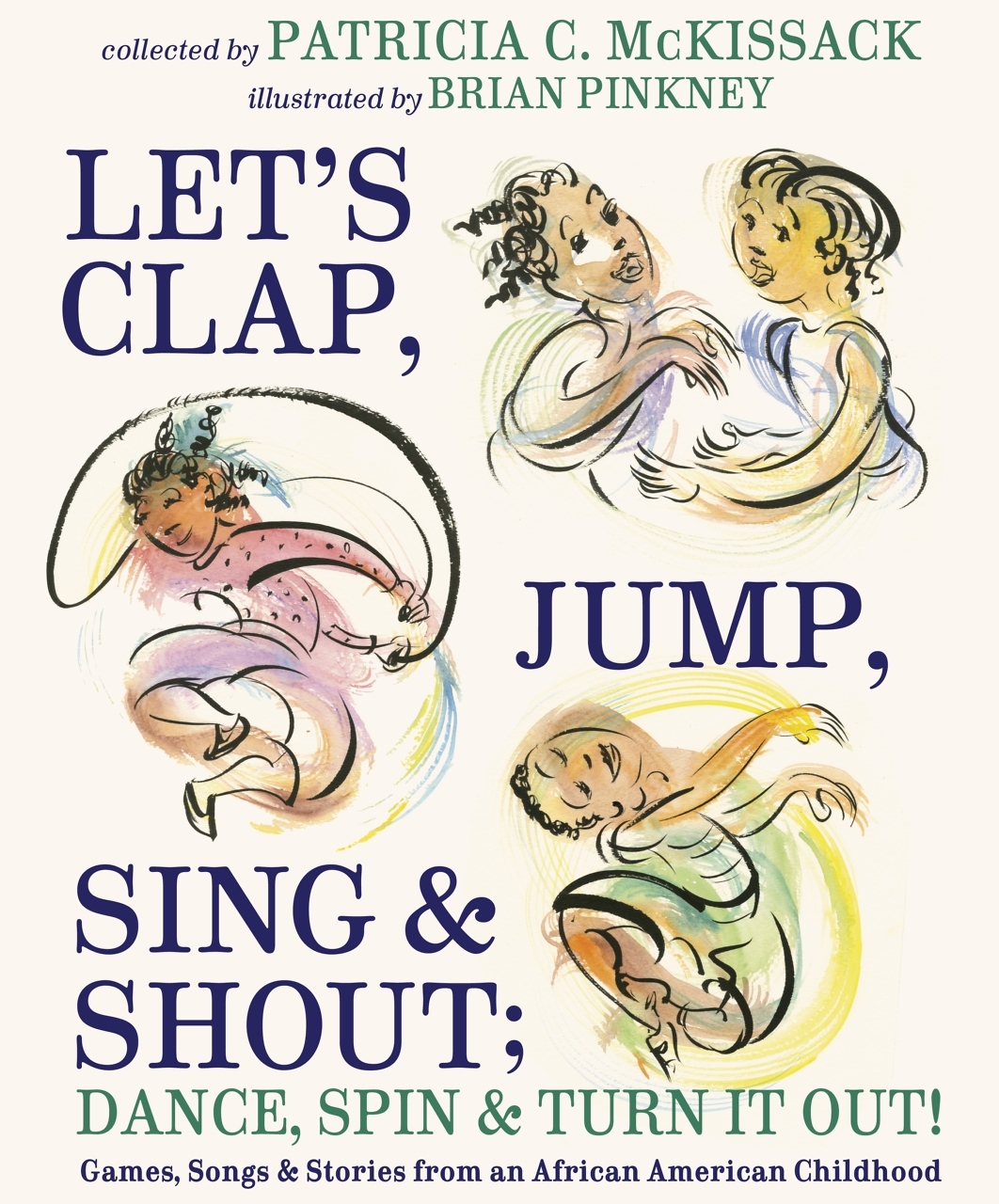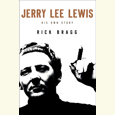Great Goodness in a Mean World
Justin Torres talks with Chapter 16 about his critically acclaimed debut novel—and about what it feels like to go home again
We the Animals, the debut novel by Justin Torres, is brutal, gorgeous, and almost indescribable. Though critics have compared it to everything from Susan Minot’s Monkeys to Peter Pan, We the Animals is sui generis; it reads like nothing else. To summarize the plot’s bare bones is to risk committing an injustice against the shattering beauty of its prose, but to dwell only on the exquisite writing also misses the point. The book is a bloody, ravishing coming-of-age tale with an unforgettable setting and characters, but it’s also a sublime feat of literary accomplishment.
Critical reaction to We the Animals has been rhapsodic. O, the Oprah magazine, called it “so honest, poetic and tough that it makes you reexamine what it means to love and to hurt.” Kirkus, in a starred review, called the book “subtle, shimmering, and emotionally devastating.” “We should all be grateful for Justin Torres, a brilliant, ferocious new voice,” Michael Cunningham wrote for the book’s back cover, where he joined Dorothy Allison, Marilynne Robinson, Paul Harding, and Tayari Jones in a veritable orgy of blurbing. Writing in The New York Times Book Review, Joseph Salvatore called it “a strobe light of a story, its flash set on slow, producing before our eyes lurid and poetic snapshots.” The review ends by acknowledging Salvatore’s own desire for more of Torres’s “haunting, word-torn world.” It’s an extraordinary admission because We the Animals is tough going for every single one of its 125 pages.
“We wanted more,” Torres’s protagonist—the youngest of three brothers, sons of a Puerto Rican father and a white mother—announces in the novel’s first sentence. “More,” it seems, is everything: more flesh, more blood, more noise, more passionate violence, more fighting, more love. Here is Torres describing a parental beating: “We knew that there was something more, someplace our Paps was taking us with all this. We knew, because he was meticulous, because he was precise, because he took his time. He was awakening us; he was leading us somewhere beyond burning and ripping, and you couldn’t get there in a hurry.”
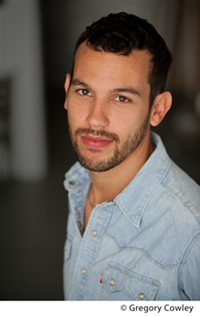 Despite the slimness of the book, Torres, too, takes his meticulous time. As the novel’s narrator suffers the inevitable anguished transformation from “we” to “I,” he is battered, bruised, and, in an absolutely heartbreaking scene at the end, ultimately beatified. As Torres baptizes his creations in blood and tears and sweat, the reader is anointed as well.
Despite the slimness of the book, Torres, too, takes his meticulous time. As the novel’s narrator suffers the inevitable anguished transformation from “we” to “I,” he is battered, bruised, and, in an absolutely heartbreaking scene at the end, ultimately beatified. As Torres baptizes his creations in blood and tears and sweat, the reader is anointed as well.
In advance of his appearance at the Southern Festival of Books, Torres recently answered questions from Chapter 16 via email:
Chapter 16: We the Animals has made a stunning debut: reviewers are clearly attempting to outdo each other in praising it. The book took years to write—was it the prospect of this kind of critical reaction that kept you going?
Torres: Not at all. It’s not modesty when I say I never expected this kind of reaction—I just simply, truly did not expect all this. I’ve worked in bookstores and I knew that the majority of debut novels come and go quietly; my expectations were realistic, which is to say, low.
What did keep me going was constant feedback from other writers and readers, friends and mentors. I was lucky in that, early on, folks whose talent and perspective I admire insisted that I was producing work of value, and that I should keep writing. These people include giants like Dorothy Allison and Marilynne Robinson, but also supportive, brilliant friends.
Chapter 16: You’ve said that the narrative scaffolding comes from your upbringing, but that the characters and plot are wholly fictive. Still, it’s difficult for a reader not to identify you as the youngest brother in the novel—there are simply too many similarities to ignore. Is it easier to make things up about your family than to make them up about yourself? You’ve taken precautions to protect your family from exposure; have you taken precautions against self-exposure when writing about your own personality (provided that you actually are writing about yourself)?
Torres: Ha! I understand the heart of this question, and I think it’s a valid question, but the way the question is phrased has me all turned around. For clarity, I am not making things up about my family. I have made up a family, similar, yes, to my own, but wholly and fundamentally not my family. I also disagree that it’s difficult for a reader not to identify me as the youngest brother in the novel, as you say. Out on the book tour, I’ve met many readers who have no problem reading the novel as fiction. They just look at these characters as they would any other characters. There are readers whose interest begins and ends with the book, and who don’t care to know too much about my personal life. I think that’s great.
On the other hand, I certainly realize that many readers are interested in the intersections of my own life with the world of the novel. I get some variation of this question at every reading and in most interviews. These questions are fine with me, too, and I’m happy to talk about my personal experience, the similarities and the differences with the characters in the book. But whenever anyone tries to insist that the type of fiction I am writing is somehow not fiction because I also draw from personal experience, whenever someone tries to suggest that I am writing about my own personality, or myself, as you have here, I have to firmly and adamantly disagree with the phrasing.
Chapter 16: Your hardscrabble childhood is quite at odds with the literary world you now occupy: you’re a graduate of the Iowa Writer’s Workshop, you’ve published in The New Yorker, and you’re presently a Stegner fellow at Stanford. Do you worry, for the sake of your next novel, that it might be difficult to retain the texture of your childhood world as you become more ensconced in literaria?
Torres: No, I can’t say I’ve ever worried about that. I’m not quite sure I know who is and isn’t included in literaria (though I love the word), but I do know that the folks I’ve studied with, the folks I’ve sought out, have been powerful writers from all walks of life: queers from the South, Asians from the midwest, black folks from hardscrabble childhoods, and, sure, WASPs as well.
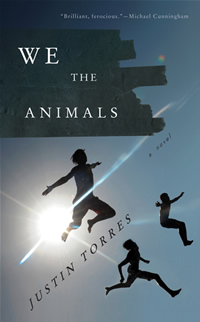 I don’t romanticize being broke. I love having a dishwasher. What I do worry about is everyone who is still struggling. I worry that queer folks, brown folks, folks from working class and poverty class backgrounds, often don’t see a pace for themselves in literaria (literaria!). I know I didn’t. I’m hopeful that doors are opening, and I’m more than willing to hold them open if I ever get the chance.
I don’t romanticize being broke. I love having a dishwasher. What I do worry about is everyone who is still struggling. I worry that queer folks, brown folks, folks from working class and poverty class backgrounds, often don’t see a pace for themselves in literaria (literaria!). I know I didn’t. I’m hopeful that doors are opening, and I’m more than willing to hold them open if I ever get the chance.
Chapter 16: Your short story “Reverting to a Wild State,” published last month in The New Yorker, describes a relationship gone stale. The story takes place in a depleted present and lingers over the sad and bitter dregs of a love affair whose richness and vividness only become real in the devastating penultimate paragraph. “I can’t open the door to that shack,” the narrator says, refusing to remember what he cannot help but remember, and suddenly the whole story—unlike We the Animals—becomes a vivid and anguished howl for what was lost. It’s an incredibly sad story, whereas We the Animals never seems precisely sad. To me, there’s an optimism just under the skin of the novel. Do you agree?
Torres: I agree! One of the reasons I wrote this book was because I tired of a certain negative, pessimistic, adult vocabulary used to describe and understand families and childhoods outside of a perceived norm. I found that I would talk about my own childhood and people would give me back words like ‘dysfunctional’ or ‘disadvantaged’ and I would want to pull out my hair. Children, thank goodness, do not know such words or such conceptions. In the absence of this reductive adult vocabulary, children make sense of their world using magic and wonder. That a violent household, a chaotic household, can be one of profound love and care does not seem to me to be a contradiction. Children are not surprised to find joy and grace and beauty existing side by side with want and failure and betrayal—and the boys of this book, they are prepared always, to be lifted up and loved. There is optimism, yes, just under their skin.
Chapter 16: Before the book was published, you said you knew your father would read the book when it came out, but you had no idea how he would react. Any idea yet of his response? How is the rest of your family responding—not just to the book itself, but to its massive success?
Torres: Not a peep from my father. Still curious to find out if he’s read it, and if so, his reaction. My mother is hugely supportive and follows every tiny mention of the book in every magazine, newspaper, and blog post. She is, rightfully, proud, and I’m grateful for the many sacrifices she has made. My brothers are loyal and supportive each in their own way. We don’t communicate daily, or weekly, or anything like that, but we’re each out in the world, rooting for the others.
Chapter 16: Your eleventh-grade English teacher urged you to go to college, fought to have you placed in honors English classes, and visited you when you were in a mental hospital your senior year. Where is she now, and are you still in touch? She must be absolutely over the moon.
Torres: She is delighted, yes. After the book came out she had me come back to the area where I grew up and speak to her students. I talked to two assemblies of high-school kids. Man, it was something to be at the podium and looking out at all these young faces, and the very familiar (surprisingly unaged) face of Mrs. Iodice, my English teacher, and to really mark for a moment just how much time had passed and just how much distance I had traveled in order to return home. The debt I owe her is immense and unpayable. We are very close, and the book has only brought us closer, I think.
The next day I gave a reading in my home town, a very small town, and so many folks came out: my first-grade teacher, my third-grade teacher, my fifth- and ninth-grade teachers, almost all my former neighbors from the block, classmates, one of the women who worked in the cafeteria, parents of friends, and on and on. I spoke for about an hour, and then I signed books for two hours straight. All these faces, these giant adults from my childhood, many of whom I never thought I’d see again—they all lined up and spoke of their feelings of pride for me and the man I’ve become. They talked about how they’ve changed, and how I’ve changed. There were queer folks I had never met who somehow found out about me and came to share their difficult stories, there were folks I had not known to be queer who confessed to me, some were out now, some were not. All these faces! One after another, they wished me success and they blessed me. Afterwards I went for a burger with some friends and I just burst into tears. I had a plane to catch in an hour and I cried all the way to the airport and all through the flight. There’s just so much damn goodness in the world.
Justin Torres will discuss We the Animals at the 2011 Southern Festival of Books, held October 14-16 in Nashville. All events are free and open to the public.

